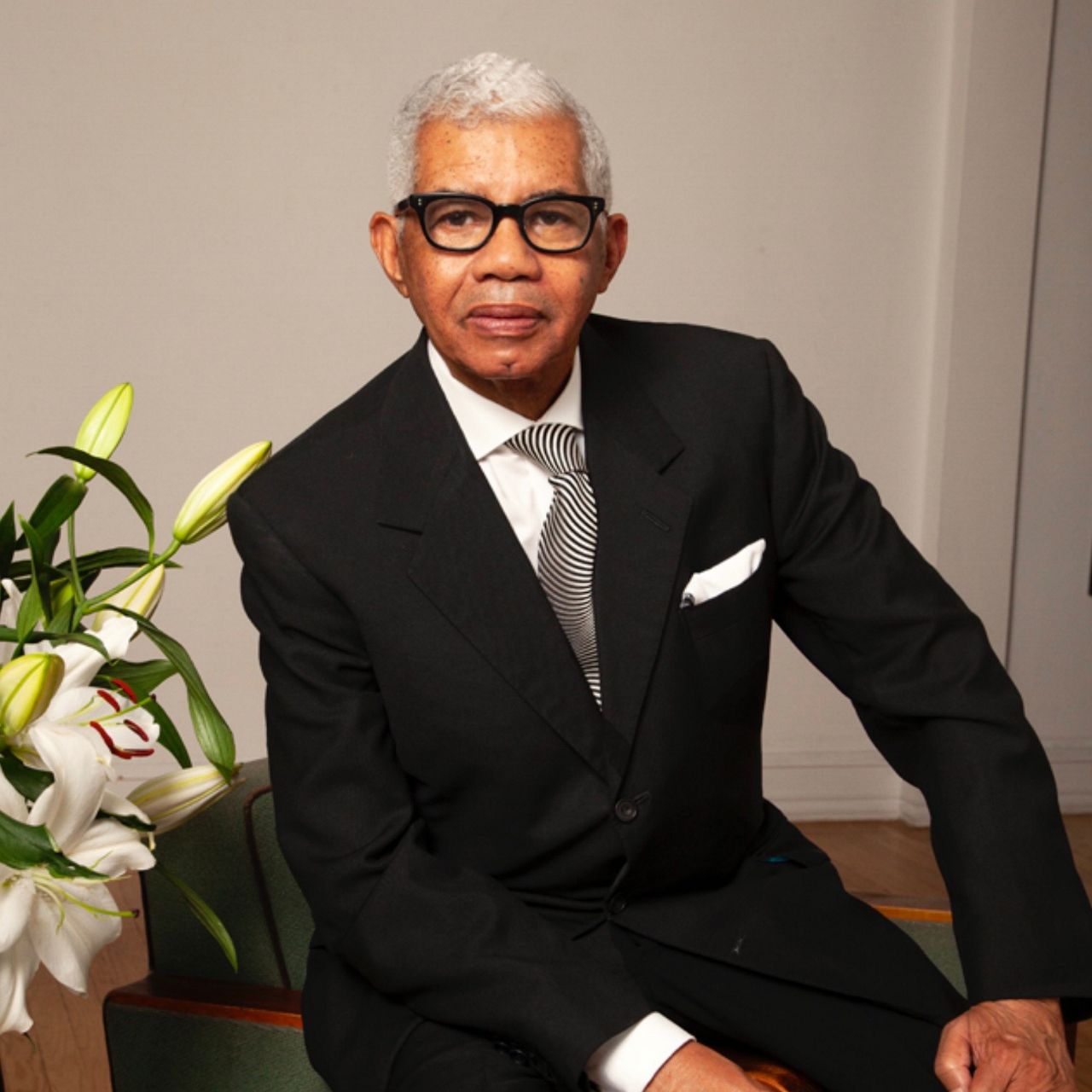André Leon Talley was a larger than life figure in fashion.
Mikki Taylor, editor-at-large for “Essence Magazine,” was friends with Talley since their early days in fashion. Both were often the only high profile people of color at events or fashion shows.
“Behind all that glamour and grandiosity, he faced a lot of racism,” said Taylor. “If you can imagine being the only African-American in the room more often than not, but having the guts and understanding that he must use the power of his voice to make a seismic shift in the industry; to make sure that more Black models were on the pages of publications where he worked and more Black photographers and to recognize Black artists and create stories based on Black culture.”
Taylor said she will miss his incredible presence and his ability to capture your attention.
“He was a visionary. He was an icon, a fashion historian and André could tell you the history of a sleeve after you came out of a fashion show and you were mesmerized,” said Taylor.
Talley began his career at Andy Warhol's “Interview Magazine,” where he crossed paths with a young stylist, Freddie Leiba, in the 1970s and all throughout each of their decades long career at top fashion magazines and beyond.

Leiba remembers the 1980s, when there were often only three Black men in the front row of fashion shows: himself, Michael Roberts of the “London Times” and Talley.
“I don't think he'll ever be replaced because he was one of a kind,” said Leiba.
Close friends for more than 20 years, Talley attended designer B Michael's first fashion week show in 1999, at a time when people of color were still so often overlooked or shut out of the industry.
“Imagine at the time you have an André Leon Talley, who is the editor-at-large at ‘Vogue American,’ and that was a big deal,” said Michael, who also attended church with Talley at Abyssinian Baptist Church in Harlem.
Later on, Talley would be introduced to a new generation of fashion fans with a bestselling memoir, as the subject of a documentary and appearing in the TV show “America’s Next Top Model” with model Tyra Banks and fashion photographer Nigel Barker, who remembers him as a force that was truly unstoppable.
“André was passionate about the creative process. He believed the fashion industry was a place where anything was possible,” said Barker.
I interviewed Talley at many fashion week shows over the past 20-plus years and for the last time one year ago about inaugural fashions.
Talley was reflective of the difficult time the industry faced during the pandemic.
“We are focused on the pandemic and we are focused on the vaccine and the rise of domestic terrorism and we simply don’t have time to sit back and focus on fashion, but we must be aware of it and its impact on the world,” he told me.
Tally understood that fashion is not just about style, but also politics, power, and identity. And he continued to push for more inclusion and diversity decades after breaking barriers himself.
“He never said, 'I'm done. I’ve done my piece. I’m about to retire and settle in.' He was always there on the front lines and for that we thank you,” said Barker
It is a sentiment being echoed throughout the fashion world.



